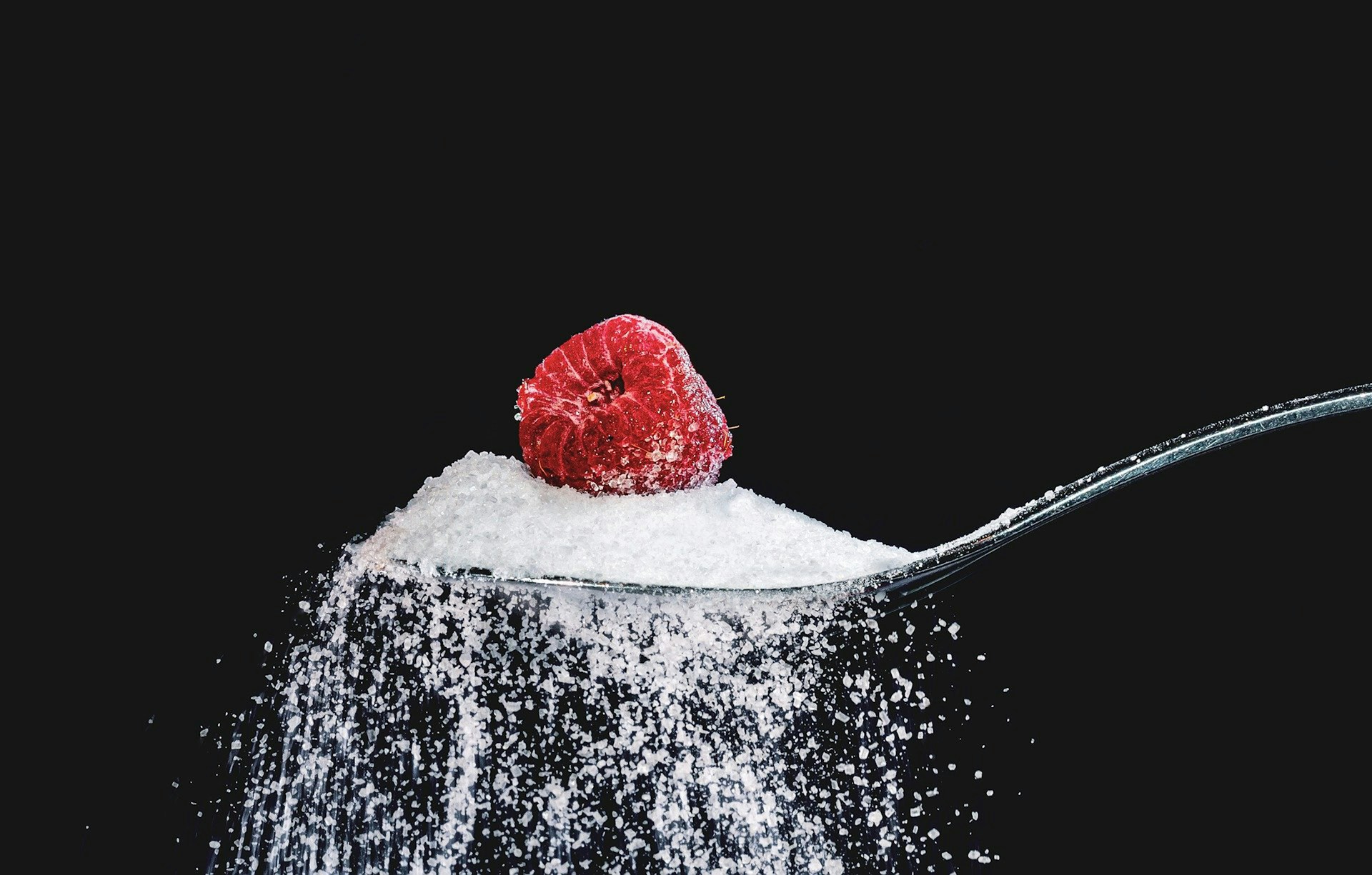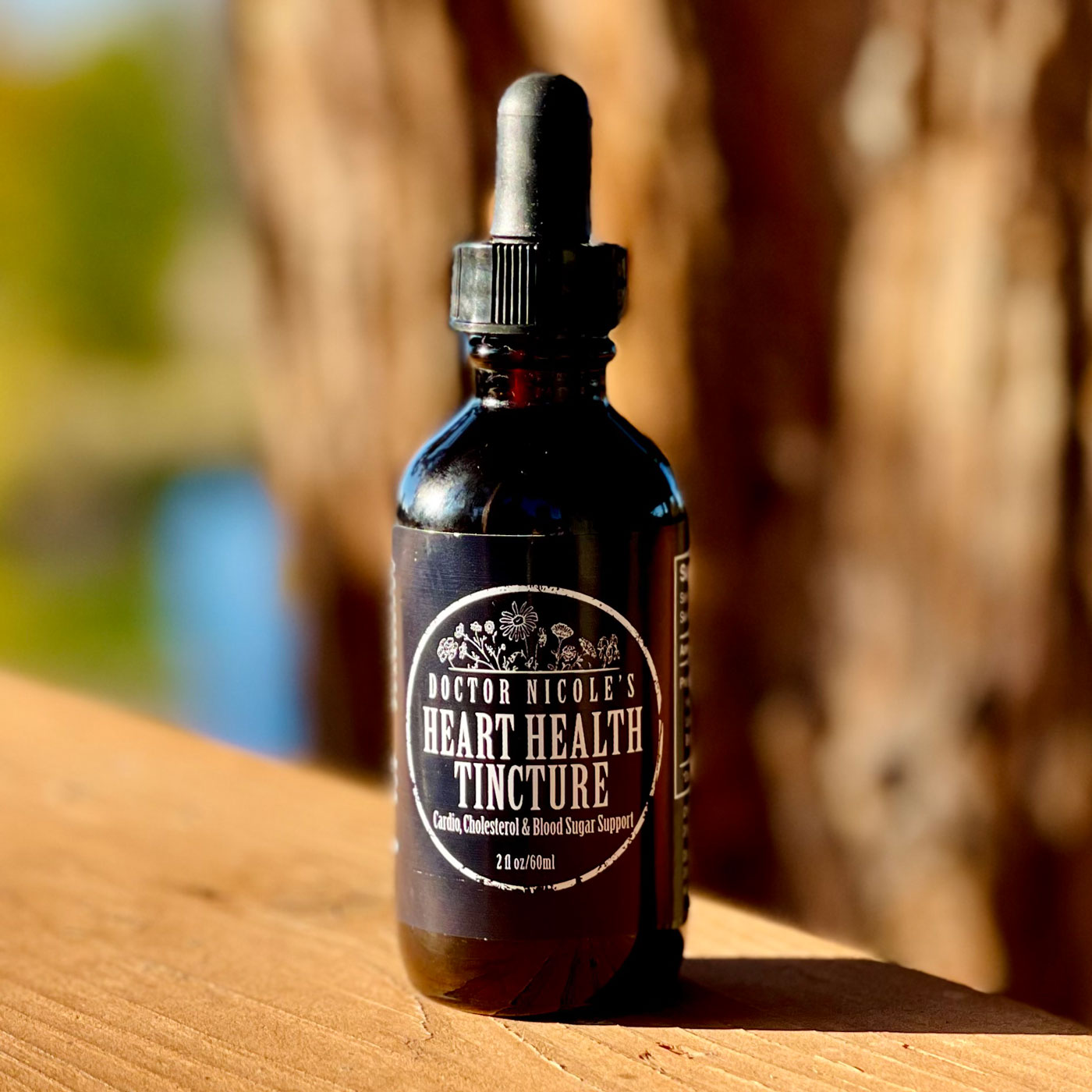A Low-Carb Sweetener With Hidden Risks
Once considered a healthy sugar substitute for keto and paleo diets, along with those who would like to curb their sugar intake, new research has found that erythritol may not be as ideal as once thought by highlighting concerns over its safety. Long considered a more natural alternative to Splenda, Equal, and sucralose without the calories and other drawbacks of sugar, erythritol has now been linked with blood clots and vascular disease. While the FDA continues to classify the sugar substitute as “generally recognized as safe (GRAS)”, several studies have questioned if this is truly the case.
What is Erythritol?
Naturally found in small amounts in fruits and vegetables, erythritol is also made within our cells as part of normal metabolism. As a manufactured sugar substitute, it is about three-fourths as sweet as sugar. Classified as a sugar alcohol the same as xylitol, it has been promoted as a healthy alternative to sugar because it is derived from food and has lower calories. However, growing evidence has found erythritol may have serious health consequences — even when consumed at lower amounts.

Cardiovascular Events: Blood Clots, Vascular Disease, and Stroke
A National Institutes of Health (NIH) funded study in 2022 involving more than 1,000 people established that “elevated levels of erythritol and several related artificial sweeteners were associated with the risk for cardiovascular events.”1 The team examined blood samples of the participants to document compounds that indicate future cardiac risk. For three years they also tracked adverse cardiovascular events, which included death and nonfatal heart attack or stroke. The findings were published in Nature Medicine, February 2023.4
To confirm their findings, the researchers then examined additional groups from both the US and Europe, totaling almost 3,000 participants. Moreover, they refined their method to better distinguish erythritol from similar compounds. The results of the follow-up study confirmed the findings of the initial experiment. The individuals with the highest levels of erythritol (top 25%) in their blood sample were about twice as likely to have cardiovascular events during the three-year observation compared to those in the lowest 25 percent.1
Next, the team set out to determine why erythritol caused such a significant uptick. They measured the blood erythritol levels in eight healthy volunteers after drinking an erythritol-sweetened beverage. Their blood erythritol levels increased by 1,000-fold and remained elevated for several days — this was enough to impact platelet function.
The researchers concluded that erythritol encourages blood clot formation, which can increase the risk of heart attack or stroke.
Lead author of the study, Dr. Stanley Hazen at the Cleveland Clinic notes:
“Sweeteners like erythritol have rapidly increased in popularity in recent years, but there needs to be more in-depth research into their long-term effects. Cardiovascular disease builds over time, and heart disease is the leading cause of death globally. We need to make sure the foods we eat aren’t hidden contributors.”
Likewise, another study in 2024 — also at the Cleveland Clinic and led by Hazen confirmed the potential risk of the sugar substitute. Building on the previous studies above and published in the journal Arteriosclerosis, Thrombosis and Vascular Biology2 it was designed to look at the influence erythritol has on platelets when consumed in a standard serving, such as what you find in a sugarless soda or muffin. Twenty healthy volunteers were used for the study.
What they found is that once again the average blood erythritol levels increased over 1,000 times in those who were given the erythritol drink or snack. Blood clot formation was also significant after consuming the erythritol. No such change was noticed when participants were given a drink or snack that had standard sugar.
The study co-author W.H. Wilson Tang, M.D., research director for Heart Failure and Cardiac Transplantation Medicine at Cleveland Clinic, points out “[e]rythritol and other sugar alcohols that are commonly used as sugar substitutes should be evaluated for potential long-term health effects, especially when such effects are not seen with glucose itself.”
Dr. Hazen, who was also involved in the latest study, adds:
“I feel that choosing sugar-sweetened treats occasionally and in small amounts would be preferable to consuming drinks and foods sweetened with these sugar alcohols, especially for people at elevated risk of thrombosis such as those with heart disease, diabetes or metabolic syndrome. Cardiovascular disease builds over time, and heart disease is the leading cause of death globally. We need to make sure the foods we eat aren’t hidden contributors.”3

Herbal Solutions for Cardiovascular Health
If you are concerned about avoiding blood clots, vascular disease, stroke, and heart attack, the findings of these studies will most likely give you pause for thought before consuming sugar alcohols — particularly erythritol. You also may be seeking an all-natural way to support cardiovascular health. I have you covered!
Our convenient Heart Health Blend helps to regulate blood glucose, lower LDL cholesterol, reduce inflammation, and maintain healthy blood pressure levels. It contains potent extracts of Hawthorn, Tulsi (Holy Basil), Fenugreek, and Bilberry for blood sugar and blood pressure regulation, improved circulation, and overall heart health. This powerful blend is also outstanding for supporting vision and the eyes.
I GAVE THIS HEART HEALTH TINCTURE A TRY — I’M AMAZED!
“I don’t like the side effects of a lot of meds and the Bystolic gave me headaches, fatigue, and lightheadedness when it dropped my heart rate in the 50’s.
I have been taking [this Heart Health Tincture] 2x a day morning and night. Not only is my blood pressure stable around 110/70, my heart rate is a comfortable 78. So far so good. Thank you Nicole Apelian!” -Dianne S.
Take the next step in supporting your heart health — stop by my apothecary today to learn more about this potent extract blend!
Nicole Apelian
Nicole’s Apothecary Products in this Post
References
- “Erythritol and cardiovascular events” by Brian Doctrow, PhD, National Institutes of Health, March 14, 2023. https://www.nih.gov/news-events/nih-research-matters/erythritol-cardiovascular-events
- Witkowski, M., Wilcox, J., Province, V., Wang, Z., Nemet, I., Tang, W. H. W., & Hazen, S. L. (2024). Ingestion of the Non-Nutritive Sweetener Erythritol, but Not Glucose, Enhances Platelet Reactivity and Thrombosis Potential in Healthy Volunteers-Brief Report. Arteriosclerosis, thrombosis, and vascular biology, 44(9), 2136–2141. https://doi.org/10.1161/ATVBAHA.124.321019
- “Cleveland Clinic Study Adds to Increasing Evidence that Sugar Substitute Erythritol Raises Cardiovascular Risk” Cleveland Clinic Newsroom, August 8, 2024. https://newsroom.clevelandclinic.org/2024/08/08/cleveland-clinic-study-adds-to-increasing-evidence-that-sugar-substitute-erythritol-raises-cardiovascular-risk
- The artificial sweetener erythritol and cardiovascular event risk. Witkowski M, Nemet I, Alamri H, Wilcox J, Gupta N, Nimer N, Haghikia A, Li XS, Wu Y, Saha PP, Demuth I, König M, Steinhagen-Thiessen E, Cajka T, Fiehn O, Landmesser U, Tang WHW, Hazen SL. Nat Med. 2023 Feb 27. doi: 10.1038/s41591-023-02223-9. Online ahead of print. PMID: 36849732.





